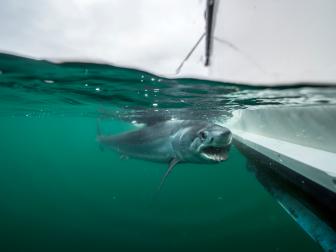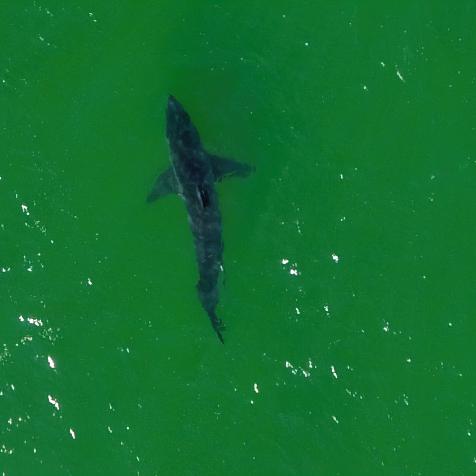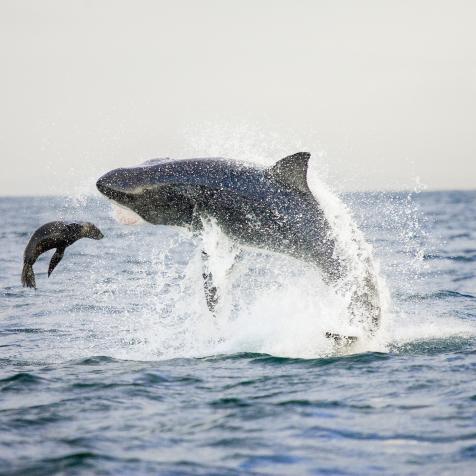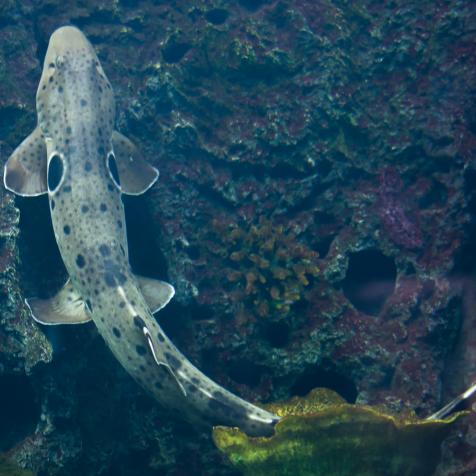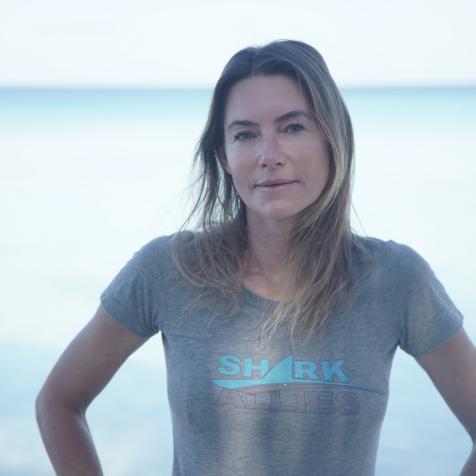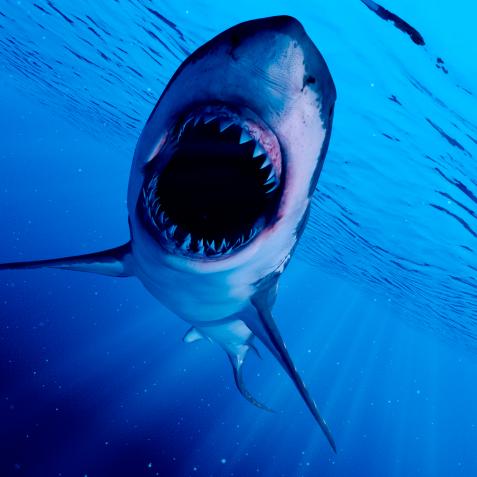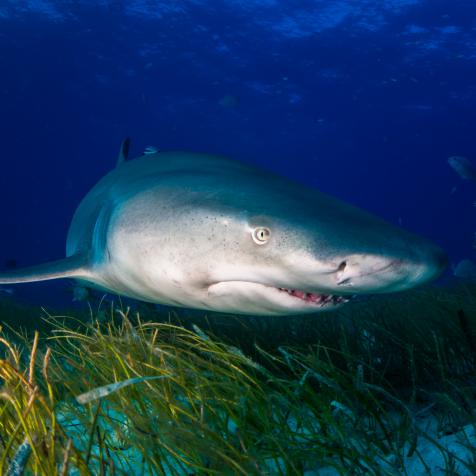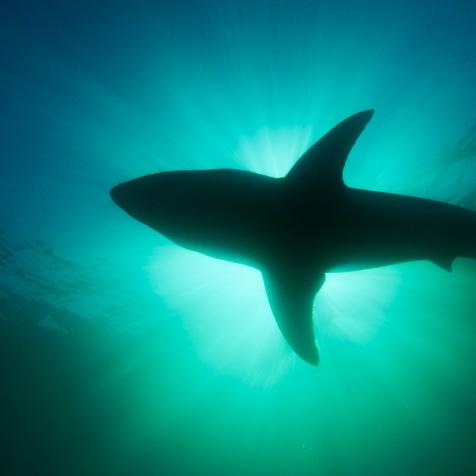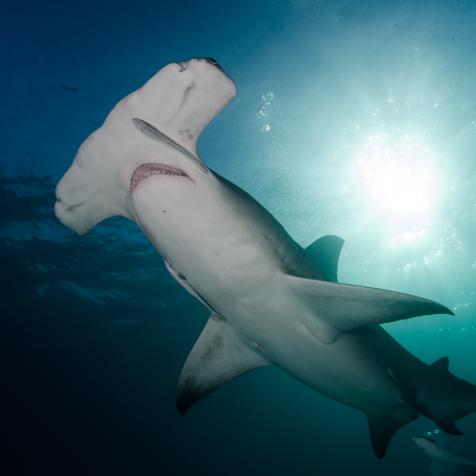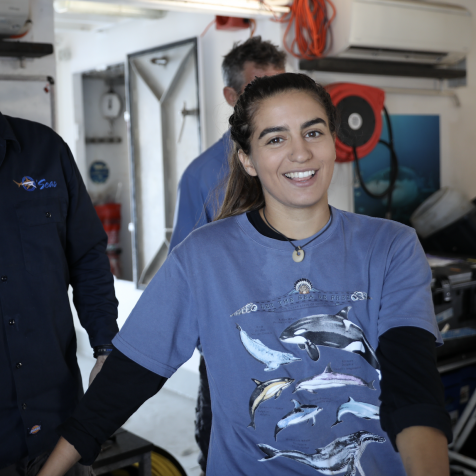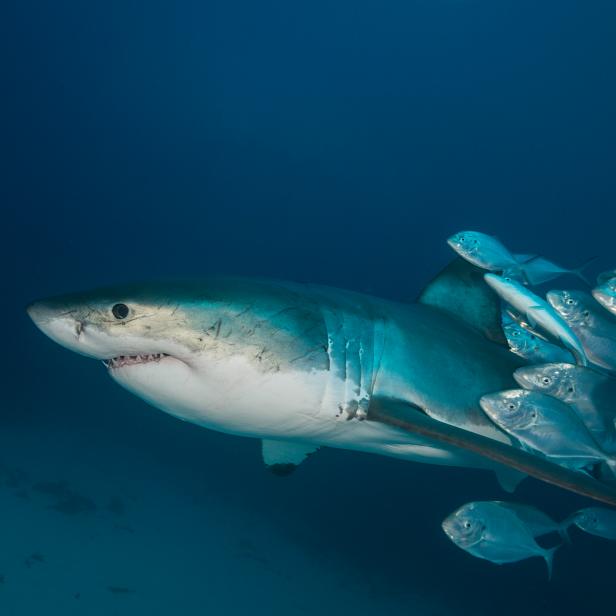
by wildestanimal
New Canadian Law is Great News for Mako Sharks
Canada has become the first North Atlantic country to put a longstanding recommendation from conservation scientists to protect Mako sharks into law.
Scientists have long called for the endangered species to be protected, but nations have been slow to act.
Shortfin mako sharks are particularly sought after for their meat and fins, and their slow rate of growth makes their population numbers fragile. They are not yet subject to international fishing quotas and are caught by numerous nations around the world. The sharks are also hunted for sport, including in the “Shark Scramble” annual derby in Yarmouth, Canada.
Passing Laws, Making Change
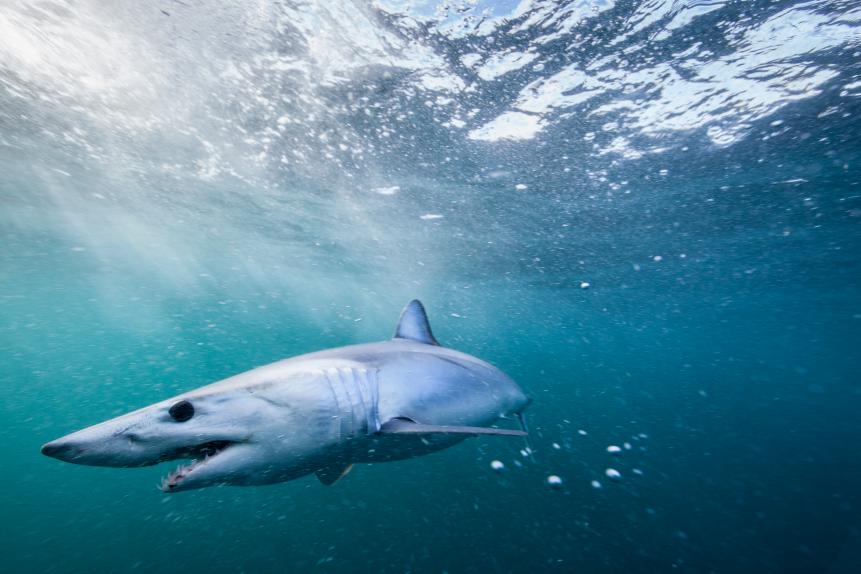
Richard Robinson
In April, Canada passed legislation prohibiting all retention of shortfin mako sharks in Atlantic fisheries, as well as supporting 2019’s inclusion of the shark on the Convention on International Trade in Endangered Species list. Ecology Action Centre, a Canadian organization, ranks shortfin makos among the most vulnerable species to ICCAT fisheries.
"We applaud the Canadian government for stepping up to protect one of the Atlantic's most threatened sharks, the shortfin mako," Shannon Arnold, Marine Program Coordinator for Ecology Action Centre, said. “Today's action represents a milestone in Canada's remarkable emergence as a leader in global shark conservation, and one of the most significant steps to date in an urgent effort to save this exceptionally imperiled Mako population."
The Mako is the fastest shark in the ocean, with the ability to swim up to 45 miles an hour, as well as being a highly migratory species. As they travel the entirety of the North Atlantic coast, the need for other nations to follow Canada’s lead is a pressing one.
Global Efforts Enhance Change
Scientists at the International Commission for the Conservation of Atlantic Tunas (ICCAT) have been spearheading the calls for action. The group has reported serious declines in the North Atlantic population and have been pushing for a ban on retention, in addition to other measures, since 2017. They estimate that rebuilding will likely take around 50 years, even if Mako fishing stops.
NOAA Fisheries lists the Atlantic shortfin Mako as being both overfished and subject to overfishing. In March, the U.S. agency announced a policy that required recreational fishermen to release all male makos less than 71 inches long and females less than 83 inches. Commercial fishermen in the U.S. can keep shortfin makos only if they are “found dead at haul back." However even the ICCAT has come under fire from fellow conservationists, for being too lax on developing measures to protect the sharks.
The commission ended its most recent annual meeting last November without a recovery plan in place. Instead they're continuing to use two-year-old guidelines, a move which drew criticism from marine scientists who lay the blame at the door of the U.S. and the EU.
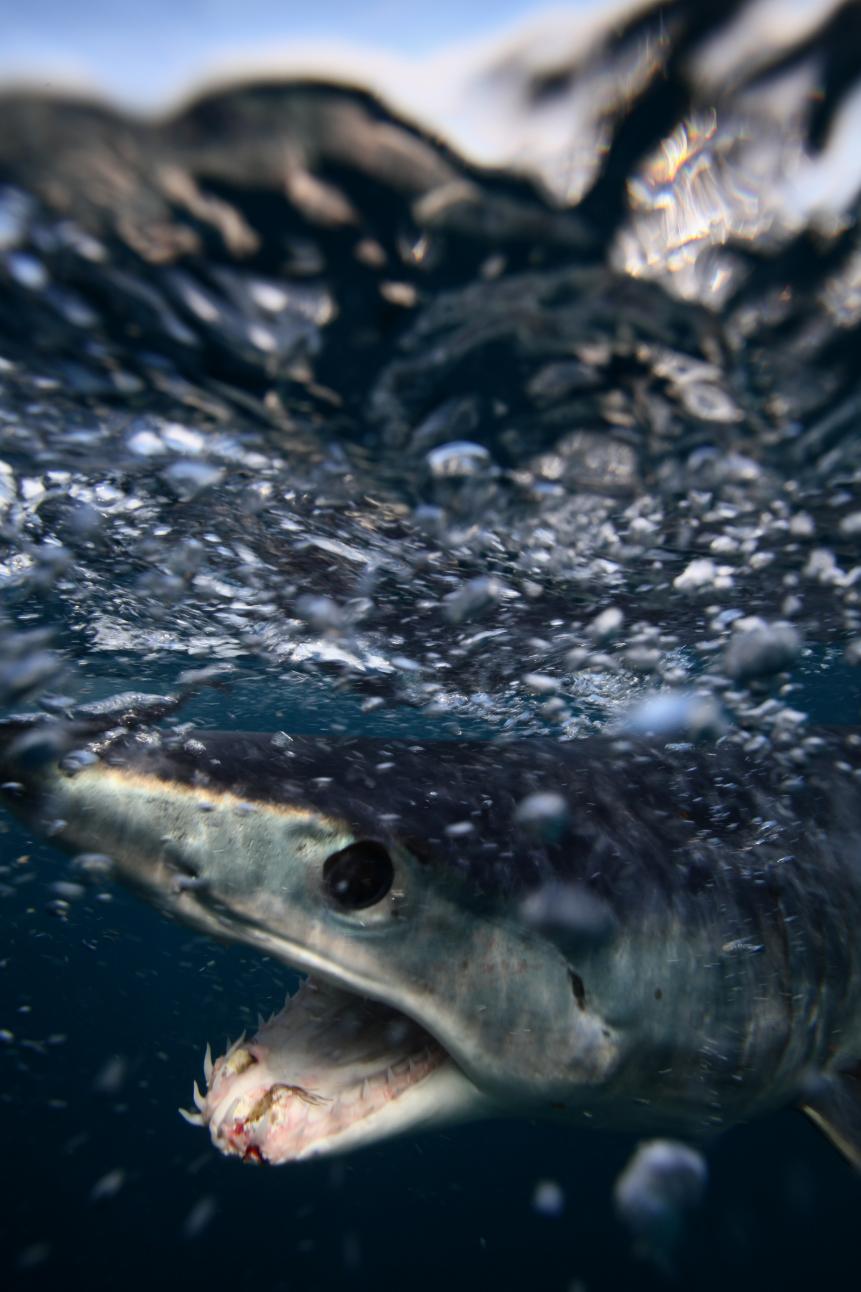
Alessandro De Maddalena
“Senegal, Canada and eight other co-sponsors submitted a science-based proposal to conserve the stock, but weaker proposals from the European Union and the United States departed from the scientific advice,” Pew Charitable Trusts International Fisheries Team Officer Grantly Galland said. “Under the measure ultimately adopted by the commission, the stock will not recover in the next 50 years. This clearly does not constitute effective or precautionary management and calls into question ICCAT’s ability to conserve the sharks under its jurisdiction.”
Sonja Fordham, president of Shark Advocates International, called the depletion of North Atlantic Mako among the world’s “most pressing shark conservation crises...A clear and simple remedy was within reach. Yet the E.U. and U.S. put short-term fishing interests above all else and ruined a golden opportunity for real progress. It’s truly disheartening and awful.”
However, the leader of Europeche, the EU’s fishing organization, said maintaining the status-quo is necessary for the livelihoods of the region’s longline fishermen. “It is vital for this fleet to keep retaining on board individuals that arrive dead to the vessel in order to limit the socio-economic impacts of the non-retention policy,” Europeche President Javier Garat said at the time.



































































